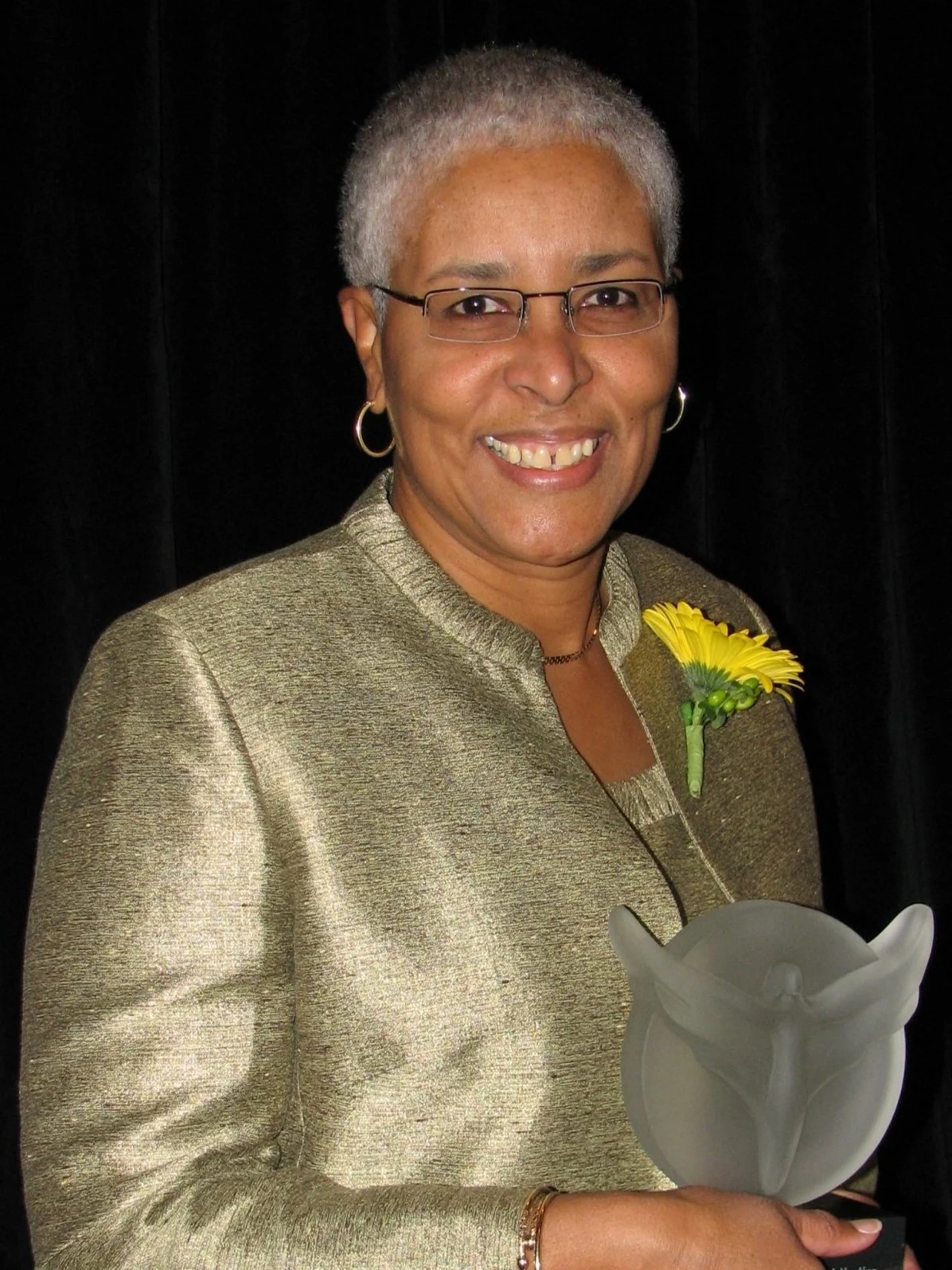York honours Mary Anne Chambers, Bromley Armstrong
Teachers are special people who have chosen to accept a most noble calling, Mary Anne Chambers told York University Faculty of Education graduates.
She was recognized with an honorary doctorate at last week’s spring convocation.
“I am suggesting that there might be no other profession for which a job description could be as inadequate in expressing what is actually expected of the individual in that role,” said Chambers during the convocation address.
She said teachers are committed and creative and they often act as caregivers, cheerleaders, connectors, collaborators, champions, advocates, consultants and coaches.
The respect and high esteem in which Chambers hold teachers was reflected in her invitation to retired Toronto District School Board (TDSB) principal, Winsley Belille, to be her guest at last Friday’s graduation.
A graduate of Trinidad & Tobago’s now defunct Mausica Teachers’ College, Belille was the principal of Galloway Road Public School, located in the Scarborough East riding held by Chambers before she retired from politics in 2007.
“Early one September during a visit to the school, the principal came out of his office, closed his office doors behind him and led me to another room for our brief meeting,” said Chambers. “He explained to me that we could not meet in his office because there was a student in there who, during the summer break, had been sexually assaulted by her brother. For weeks after the assault, she had refused to speak about what had happened to her.
“Eventually when a worker from the Children’s Aid Society pleaded with her to identify someone with whom she would feel comfortable speaking about her traumatic experience, the young girl said she would only be willing to speak with Belille. In her time of emotional need, this teacher was her confidant, her consoler and her counsellor.”
A former Minister of Children and & Youth Services and Minister of Training, Colleges & Universities, Chambers reminded the graduates the profession they have chosen is a calling and not a job or occupation.
“In return for accepting that calling, I wish each of you who are graduating today great joy as you experience the impact that you can have on the human beings whose lives you will touch,” she said.
Chambers is a former chair of the York Centre for Education & Community advisory council. The centre is designed to support teaching and learning that’s appropriate to students’ diverse needs, considerate of their cultural experiences and supportive of their aspirations.
“I have been pleased to be involved with this centre where research is being done in areas that are extremely relevant to the development of curriculum and successful outcomes,” she said. “So, if I might have given the impression that the expectations of teachers can be overwhelming, I would also want you to know that there are wonderful resources available to you for your ongoing development and growth here at your university.”
Chambers was one of two community leaders to be awarded honorary doctorates.
Human rights and union activist, Bromley Armstrong, received an honorary doctor of law degree during the Faculty of Liberal Arts & Professional Studies graduation ceremony.
Bromley Armstrong
In 1954, he was the youngest member of a delegation led by the late Donald Moore that went to Ottawa to protest the federal government’s restrictive immigration policy that shut out Blacks and other visible minorities.
“The Canadian government at that time, despite the post-war boom and the growth in manufacturing, did not want Black people in this country,” Armstrong told the graduates. “You may be surprised to know that they tried to keep Canada White. They told us that we could not survive in a cold country as we knew nothing about wearing parkas, mittens, toques and winter boots. As human beings, if you are cold, you are going to dress warm. I have survived 67 years in the country that said I could not survive.”
Migrating from Jamaica in 1947, Armstrong became an active leader in the United Auto Workers Local 439 and with the Toronto & District Labour Council while employed at Massey Harris. His hourly starting wage of 62 cents was 13 cents less than that of co-worker and Irish immigrant, Dennis McDermott, who was expelled from South Africa in 1941 after he was caught socializing with a Black friend, and who later became Canada’s High Commissioner to Ireland.
Armstrong and McDermott were close friends before he died a decade ago.
“I got acquainted with many new Canadians and displaced persons from Europe, all of us seeking new opportunities in a land that was less that welcoming to us,” said Armstrong. “This was an eye-opener and also my introduction to labour relations, ensuring the rights of the worker must be recognized, accounted for and met both in the workplace and the pay stubs.
“The workplace was a reflection of society where women, minorities and those with disabilities were ignored completely. Minorities were prevented from joining social clubs, they were denied jobs based on their race and they were not able to rent apartments or buy homes of their choice in their respective communities. But I knew that had to change and that justice could only come through action.”
It was Chambers’ second honorary doctorate and the first for 87-year-old Armstrong.







